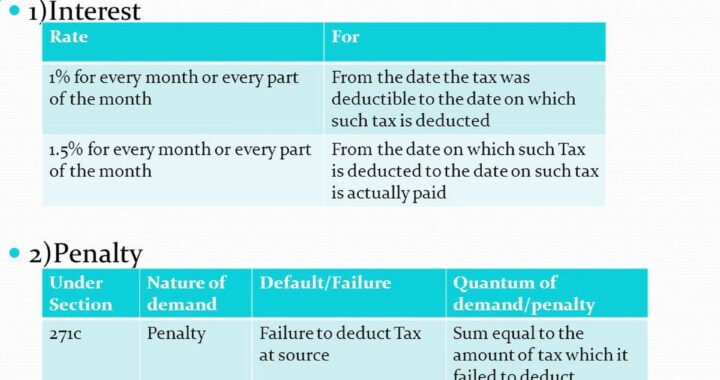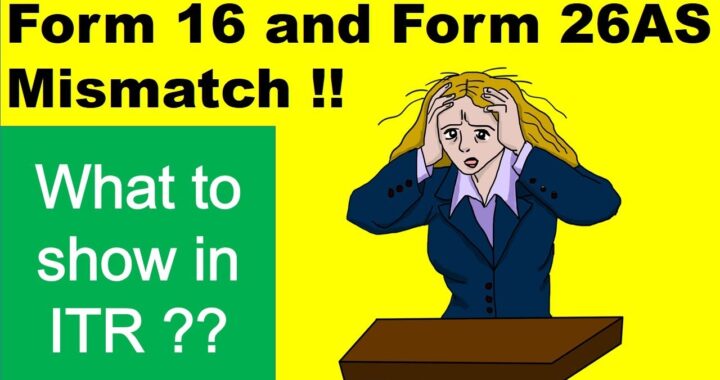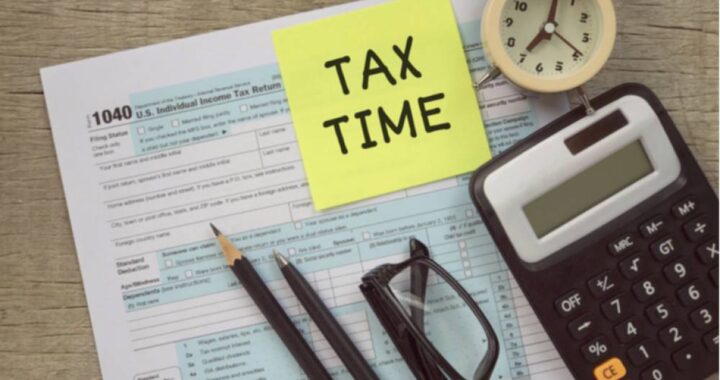Income Tax: Powers of the Assessing Officer
It becomes necessary to examine the provisions of Section 131 of the Income Tax Act, 1961 that provides powers as vested in a court under the Code of Civil Procedure, 1908. For the purposes of the Act it is necessary to note the understandings and the misinterpretation that can occur during the course of enforcing subject provisions when trying a suit on an assessee.
A controversy had erupted in the case of Prakesh V. Sanghvi versus Ramesh G., Deputy Director of Income-tax (Investigation) in the Hon’ble High Court of Karnataka wherein the Assessing Officer had entered the premises in the garb of a salesman and in an interpretation of the provisions of Section 131 established a camp office in the premises of the assessee and compelling production of books of accounts and documents based on the reason of suspect that income had been concealed.
The Disagreements
The disagreements arise when Section 131(1A) is applied by the authorized officers after conclusion of search action under Section 132. Section 131 is comprised of two complementary sub-sections relating to two different classes of officers. Section 131(1) empowers the jurisdictional assessing officer to issue summons. Also, powers under Section 131(1) can be exercised by the assessing officer only when any proceedings are pending before him in relation to that assessee.
Powers under Section 131(1A) can be exercised notwithstanding that no proceeding is pending before the investigation officers. In other words, Section 131(1A) can also be invoked for the purposes of a preliminary inquiry before carrying out the search operations. Section 131(1A) was introduced from 01 Oct 1975 to empower the officers authorized to carry out search operations, to exercise the powers mentioned under Section 131(1).
Misnomers and misinterpretations
The problems get compounded when a post search inquiry is being conducted and the searched assessee is being summoned there and then to record statements on various assets/papers/books seized. Because of duplicity of powers conferred on the assessing officer and the authorized officers a reasonable amount of excess implementation is being subjected on the searched assessee.
Search action under Section 132 is an extreme step. Powers under Section 131(1A) can be exercised on ‘reason to suspect’ depending on the nature of the case. Contents of Section 132(1) specify the circumstances under which search operations may be carried out:
(a) When a person to whom notice under Section 131 or Section 142 of the Act was issued to produce books or documents and the assessee did not or would not comply;
(b) Any person is in possession of valuable article or thing, representing income or property which has not been or would not be disclosed under the Act.
It is to be noted that search is exercisable under Section 131 when notice is issued and it has not been complied with or there is a reason to believe that it will not be complied with. Thus, enlarged powers are being exercised which is allowing the same act over again by the same authorities but by officers with different jurisdiction. This leads to a misunderstanding and misinterpretation of the extent of authority that an officer should be exercising.
There has been conceptual change of the Act after introduction of Chapter XIV-B for assessment of search cases. Efforts have been made to create a demarcation between authorities. However, whether these distinctions of powers between authorities with officers have been made exclusive or not will have to be decided not judicially but administratively. Nowhere is there a provision in any of the sections regarding setting up of camp office within the premises of the searched assessee. They all pertain to search and enquiry with reasonable consideration and diligence.


 Boost Your Business & Reduce Taxes: A Guide to Maximizing Benefits Under Section 80JJAA
Boost Your Business & Reduce Taxes: A Guide to Maximizing Benefits Under Section 80JJAA  What is remedy to taxpayer if the Tax deductor fails to deposit the TDS or fails to file TDS Return
What is remedy to taxpayer if the Tax deductor fails to deposit the TDS or fails to file TDS Return  What is Income Tax Liability on Income from trading in Future and Options
What is Income Tax Liability on Income from trading in Future and Options  The Importance of Filing Your Income Tax Return on Time: A Financial Must-Do
The Importance of Filing Your Income Tax Return on Time: A Financial Must-Do  Is Addition made by Assessing officer on basis of mismatch between AIR and F26AS Justified
Is Addition made by Assessing officer on basis of mismatch between AIR and F26AS Justified  Salient Changes in the new Income Tax Rules relevant to Assessment Year 2024-25
Salient Changes in the new Income Tax Rules relevant to Assessment Year 2024-25